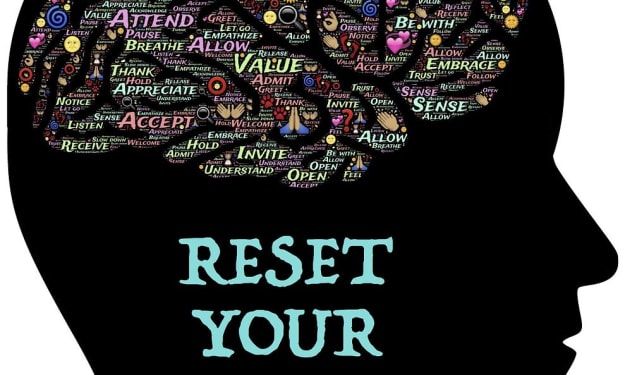Skill-In Training: Mercy
Applying the Benefit of Doubt

How often do you find yourself fraying in splintered bits of emotional energy in response to something that may not really meet that emotional output? It is safe to guess that we all have had someone cut us off in traffic or say something harshly to us which we immediately followed with an angry or upset thought, action or deed. Why?
Is it the sum of turbulence or the event itself that creates the emotion? Probably, it is the former and not the latter. When I have seen people really lose their temper or even felt angry myself, rarely has it been in response to a bad moment which has followed a good meal, good sleep, or good pattern of events. The toll is probably the underlying cause of emotional distress, in my opinion.
Yet, what is at the heart of anger or frustration, especially with other human beings? Is it a general dislike? Maybe for some. Is it feeling like others are encroaching upon one's rights or plans? Possibly. Many reasons could be proposed for why individuals "blow up" in response to events around them, especially with other people.
I would like to offer an idea of how to cope with the trauma of the day. In martial arts, a battle is viewed as a series of events. Good and Bad. Success and Failure. A Battle is the same as Life. Ultimately, a Battle is most likely resolved by the culmination of several events and not just one specific instance. Sounds a lot like dealing with the daily toil of stressful events in comparison. If we view our daily lives as a battle, then we can focus on the total and become less likely to be derailed by one poor moment.
If we apply a desire to better analyze our events further, we need to invest in screening the events around us with the lens of mercy. If we look at the actions around our lives in the lens of beneficence, we can look for why those things may have happened unintentionally or even possible benefits to something occurring that otherwise may have been viewed as negative. Also, one other factor that we can consider with our lens of mercy is that sometimes, when dealing with other people, they make mistakes or may be struggling with a bad day or series of events like ourselves.
Let's try an example of applying mercy. Imagine that someone moves his or her vehicle in your neighborhood early in the morning in front of your driveway. Concerned with transportation for yourself to work and your children to school, your anger boils. You see a young teenager getting out of the car, and you decide that you have had enough of this potential interruption in your routine.
You stalk the door and open it to meet your schedule threat. You walk out and ask "Are you going to park there?" She meekly says "Yes, but I will move it in a few minutes." You respond curtly, "Well, don't make it a habit!" You return inside and true to her word the young lady moves the vehicle after a few minutes.
Annoying, huh? It is understandable that potential tardiness could be a problem for any of us. Did the person respond inappropriately to the teenage girl? Maybe or maybe not? How would you handle it? Remember, perception only gives you one side of an interaction.
Let me give you the teenage girl's perspective. The teenage girl was asked early in the morning to move her car out of the driveway by her parents. The family is multi-generational living together in this suburb. The teenage girl had been up with her parents all night to watch over her maternal grandmother who just passed thirty minutes prior to the teenager moving the vehicle. The grandmother had been like a second mother to the young girl and helped raise her from infancy.
However, you may have thought that you might respond to the teenager if you were the offended party, how does that response change with this information? I think it is important to remember to have compassion or mercy because none of us really have the full story of what another person may be facing. And, I am a big believer that our individual situations could always be so much worse. I am sure in this situation that the teenager would gladly trade concerns with getting to work over losing a loved one.
As fantastic as this story sounds, this depicted situation actually happened with my daughter and a new neighbor last year. Thankful for mercy that things once again could always be much worse. We are blessed! Remember, consider the other perspective before you act whenever possible. Train this skill and you will find your tolerance to adverse events increase and your compassion for others grow. And, remember, we are blessed!
The M.A.D. Dad
About the Creator
The M.A.D. Dad
I call myself the M.A.D. Dad. M.A.D. stands for Martial Arts Direction. I want to help others battle the forces that threaten our peace with lessons that I have been blessed to discover through my experiences in both Martial Arts and Life.





Comments
There are no comments for this story
Be the first to respond and start the conversation.